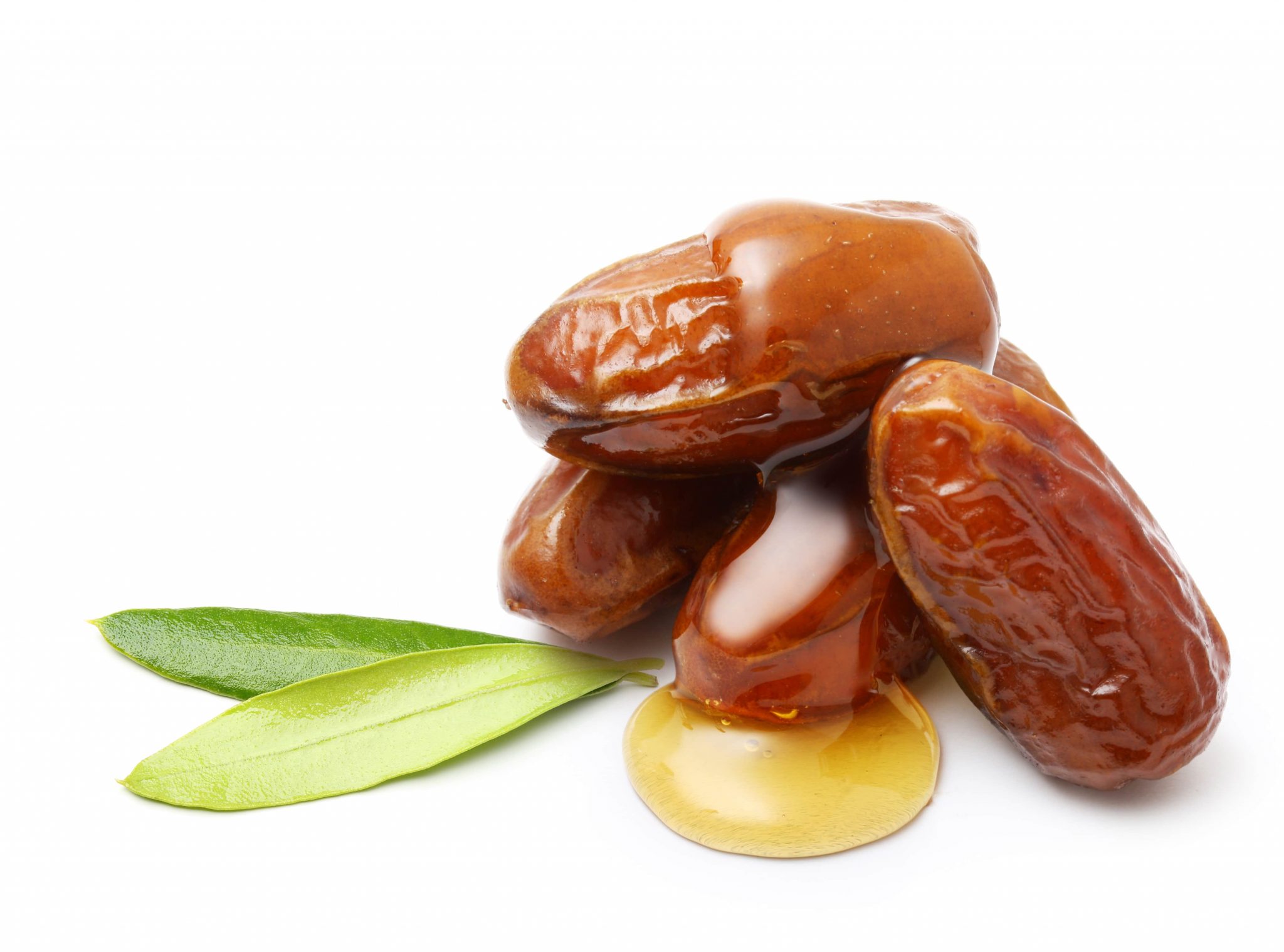Grapeseed oil is a byproduct of the winemaking process. Grape seeds are left behind after pressing grapes to make wine. These remaining grape seeds are used to produce grapeseed oil. Grapeseed oil is utilised in cosmetics. It has anti-inflammatory, anti-microbial, and antioxidant effects. Grapeseed oil is a popular topical therapy for skin because of these qualities, as well as the large levels of omega chain fatty acids and vitamin E it provides.
Jojoba oil is a liquid released by the seed of the shrub Simmondsia chinensis (jojoba). It is endemic to southern Arizona, southern California, and northern Mexico. The oil accounts for nearly half of the weight of the jojoba seed. There is a lot of data to support the use of virgin jojoba oil as a treatment for acne, dry skin, balancing natural oil production, antioxidant protection, and a variety of other skin concerns.
Grapeseed and jojoba oil are extremely effective carrier oils that may be used on almost any skin type. However, like with other carrier oils, there are some minor and significant variances when examining them closely. So, let’s compare grapeseed oil with jojoba oil for skin.
Table of Contents
Benefits of Grapeseed Oil
1. Grapeseed oil helps to balance out skin tone
Grapeseed oil includes a potent antioxidant known as proanthocyanidin. When taken on a regular basis, this antioxidant may help to balance out skin tone.
Oral grapeseed oil extract has been demonstrated to relieve the symptoms of melasma, a skin hyperpigmentation.
2. It assists in lightening scars
Grapeseed oil is high in antioxidants such as tocotrienols and tocopherols, both of which are natural forms of vitamin E. Vitamin E is well-known for its skin-softening antioxidant and moisturising effects. These vitamins, minerals and fatty acids work together to lighten scars and erase dark spots. It has been demonstrated in studies to help stimulate the healing process and reduce the production of keloid scars.
3. Grapeseed oil has the ability to protect the skin from sun damage
Another advantage of grapeseed oil’s potent antioxidants. It includes phytochemicals that are known to prevent skin cancer and UV damage. According to one review, grapeseed oil can help keep your skin from absorbing the full extent of UV radiation damage.
4. Grape seed oil hydrates and tightens the skin
It has a very light consistency and absorbs quickly. As a result, it does not leave the skin feeling greasy or clog pores. It functions as an occlusive agent, which means it creates a protective layer on the skin that aids in moisture retention. Because grapeseed oil includes vitamin E, which lowers inflammation and is typically included in pricey eye treatments, as well as hydrating fatty acids, it may make skin seem tighter, moisturised, and more young.
5. Collagen production is increased
Grapeseed oil has been found in trials to protect against UV damage and enhance collagen repair. It is high in critical fatty acids, including linoleic acid, which is vital for maintaining healthy skin barrier function. The content of linoleic acid in grapeseed oil ranges from 66 to 75.3 percent, depending on the grape and the batch/harvest. In essence, it may help to lessen the visibility of tiny wrinkles and stretch marks.
Benefits of Jojoba Oil
1. Protects against free radicals
Jojoba oil is high in flavonoids and vitamin E, as well as phenols, which are antibacterial and likely an additional factor why jojoba helps acne. Vitamin E and phenols are effective antioxidants that protect the skin from oxidative damage, which causes the appearance of ageing.
2. Can aid in the regulation of sebum production
This is due to the fact that wax esters, which are also present in jojoba, make up 25% of sebum. Some researchers estimate that using jojoba oil topically might deceive the skin into creating less sebum. It has a high concentration of eicosenoic acid, an omega-9 fatty acid normally found in sebum. This is yet another explanation why jojoba helps to regulate sebum and is beneficial for oily and acne-prone skin.
3. Maintains skin hydration
Jojoba oil, like other oils, is an excellent moisturiser, cushioning and smoothing your skin. It has occlusive characteristics, which means it forms a protective coating on the skin to keep water from dissipating. Around the same time, since it acts so similar to natural skin’s oil, it helps balance those levels, which is beneficial for anyone who has either too much or too little natural oil.
4. It provides anti-inflammatory effects that tend to calm the skin
Jojoba oil is a miracle worker when it comes to minimising redness and keeping skin serene and pleasant. It contains vitamins A, D, and E, which promote cell turnover, combat inflammation and fight free radicals. In addition to vitamin E, the oil is an excellent source of B-complex vitamins.
5. Is beneficial in the treatment of acne
Jojoba oil is the best oil for acne-prone skin. First and foremost, it is non-comedogenic and will not clog pores, which is an important feature to look for if you have oiliness yet nevertheless desire to use an oil. Two, you’re enjoying all of the anti-inflammatory advantages as well as probable antibacterial characteristics, all of which can aid in the prevention of breakouts.
Here is the video about Grapeseed oil and Jojoba Oil
Conclusion
Grapeseed and jojoba oils are beneficial to all skin types, although they are especially beneficial to oily skin. Furthermore, because of its capacity to control sebum production, jojoba may be a better alternative for anybody with oily/acne-prone skin.
Depending on personal inclination, these oils can be used alone or in a combination. It’s always a good idea to experiment and find which one works best for your skin.
